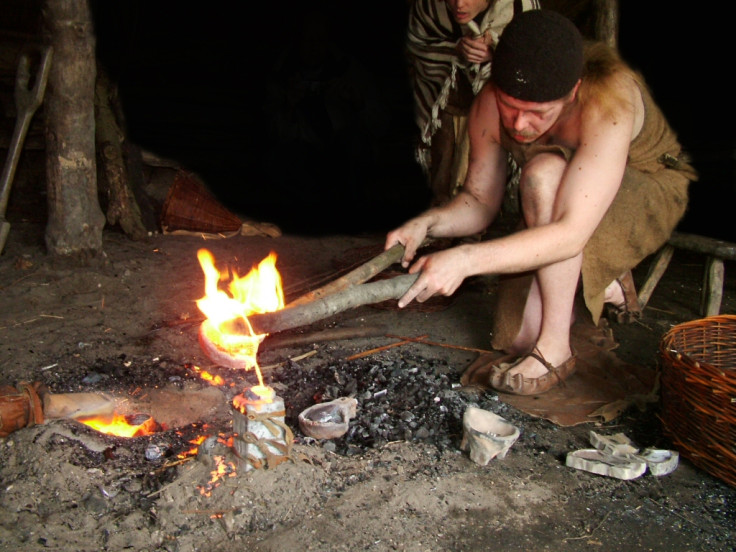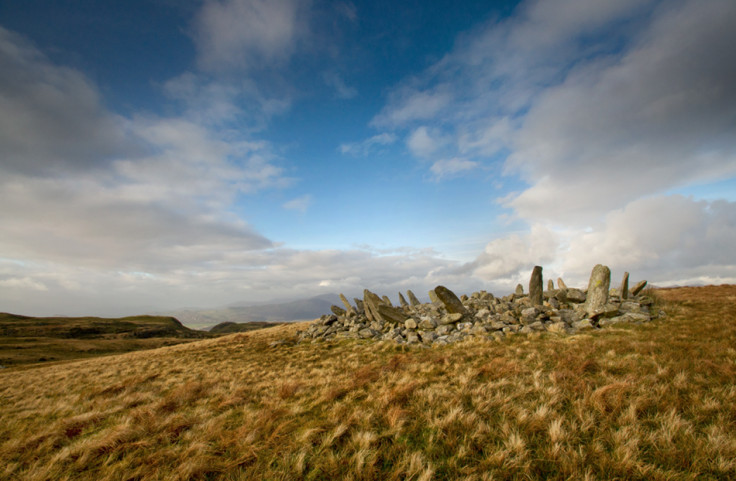Collapse of Bronze Age Society Not Linked with Climate Change, Scientists Prove

The collapse of the Bronze Age was not a result of climate change, as had previously been thought, scientists have confirmed.
The Bronze Age took place in Europe between around 3200 and 600 BC. It began collapsing about 200 years before its final demise, with populations plummeting around 800BC.
However, reasons for the fall have varied, with many scientists suggesting climate change was the catalyst for collapse.
Scientists at the University College Cork, Ireland, and Queen's University Belfast have now shown that climate changes thought to coincide with the collapse actually happened two generations later, meaning it could not have been responsible for the Bronze Age demise.
"Our evidence shows definitively that the population decline in this period cannot have been caused by climate change," said Ian Armit, lead author of the study.
Published in the Proceedings of the National Academy of Sciences, researchers found that human activity begins to decline around 900BC, with a sharp fall after 800BC – indicative of a population collapse.
They then looked at climate records to find that colder, wetter conditions did not take place until around two generations later.
The scientist used over 2,000 radiocarbon dates to pinpoint the precise date of the Bronze Age collapse in Europe. Climate records were established by analysing peat bogs to work out if the archaeological data matched.

Researcher Graeme Swindles said: "We found clear evidence for a rapid change in climate to much wetter conditions, which we were able to precisely pinpoint to 750BC using statistical methods."
Armit added that economic and social stresses are more likely to be the reasons behind the collapse. At the time, communities had to trade over large distances and control of these networks became increasingly complex, dominated by hierarchical societies controlled by a warrior elite.
As iron production took over, societies collapsed, resulting in widespread conflict. The climate change that took place 50 years later would have exacerbated problems for any remaining communities and preventing population recovery for many centuries.
Comparing the situation with modern times, Armit said: "The impact of climate change on humans is a huge concern today as we monitor rising temperatures globally. Often, in examining the past, we are inclined to link evidence of climate change with evidence of population change.
"Actually, if you have high quality data and apply modern analytical techniques, you get a much clearer picture and start to see the real complexity of human/environment relationships in the past."
© Copyright IBTimes 2025. All rights reserved.






















